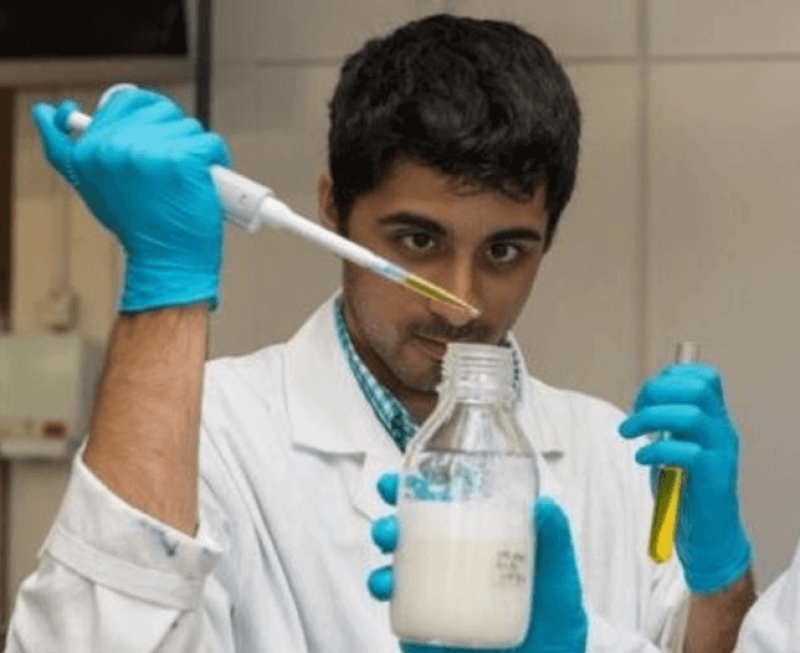The latest new buzzword in food tech? Fermentation. And we’re not talking about the kimchi or kombucha kind.
Rather, it’s a process increasingly used by food companies to answer a ballooning demand for natural ingredients that are hard to come by. Instead of sourcing these ingredients from nature, food scientists are creating them through an industrial method that they describe as similar to brewing beer.
Here’s how it works: Scientists identify the desired genes in a plant or animal and insert them into a host such as yeast. The yeast is fed sugars and nutrients to stimulate fermentation. Then the yeast and its genes are filtered off, and the desired ingredient is purified out of the remaining broth.
…
Over at startup Perfect Day, the company is using fermentation to make cow’s milk without cows. They 3D-print the DNA sequence of a cow and insert it into a specific location of yeast—which they have aptly named Buttercup—obtained from the U.S. Department of Agriculture. The yeast ferments sugar to make real milk proteins (casein and whey), which are then combined with plant-based fats and nutrients to get milk that is lactose-free.
The GLP aggregated and excerpted this blog/article to reflect the diversity of news, opinion, and analysis. Read full, original post: The Future of Food Production Will Look A Lot Like Brewing Beer
For more background on the Genetic Literacy Project, read GLP on Wikipedia































